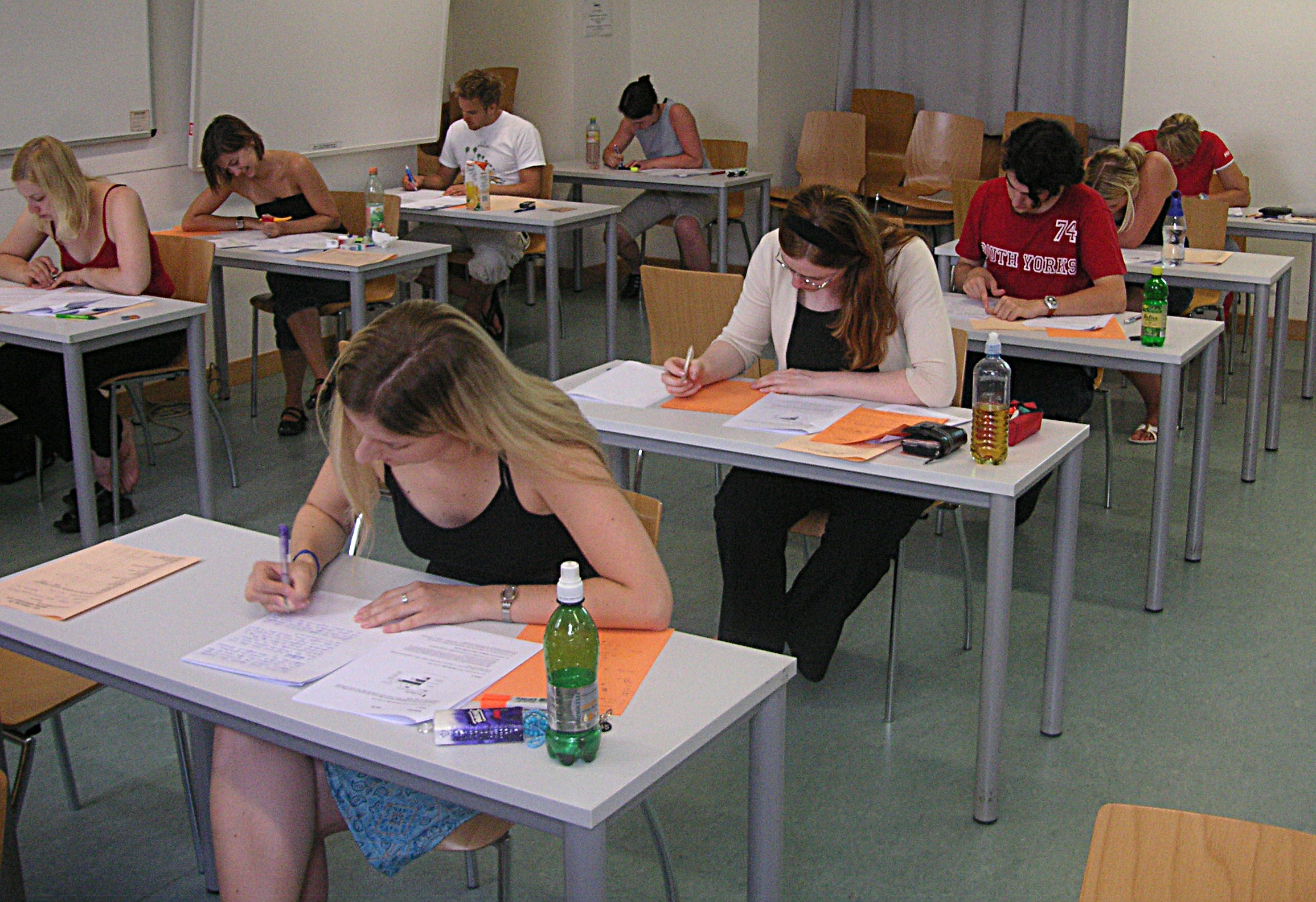Making the Grade
May, 2010 · By Justin Bengry
I’ve always been ambivalent about grading.
I question how much students really learn from exams. I know, for example, that I forgot everything I ever learned about the Revolutions of 1848 until I actually had to relearn and then teach them again myself.
I question whether undergraduates really need to learn the content of exams. Is it not better for them to complete a course having gained better critical thinking skills, improved communication and writing skills, and an appreciation for history rather than by supplying a flawless (but regurgitated) retelling of the events of 1792 in France?
And I question the effect that grading has on instructors, who must toil through 50 answers to the same question about China’s Cultural Revolution. Of course there are some shining stars, but many answers reflect relatively passive learning and a bit of studying the night before. I love teaching, but I’m never more depressed than after reading student exams and realizing that my love of history and language is only mine and seldom theirs. It is only reflected back to me in a few exciting papers, and rarely from only the students with the highest grades.
But why should my students have the same priorities and passions as me? Just because they are in a history class doesn’t mean they need to love history. History is really just the means, the method, a pedagogical tool. I’m not in the business of creating mini-Justins (aside: Oh, what a world it would be!), rather I want my excitement for knowledge and learning to impart a sense of curiosity and opportunity among students.
Grading quashes that for both of us.
Duke University English professor Cathy Davidson seems to feel the same way:
I loved returning to teaching last year after several years in administration . . . except for the grading. I can’t think of a more meaningless, superficial, cynical way to evaluate learning in a class on new modes of digital thinking (including rethinking evaluation) than by assigning a grade.
I encountered Davidson’s work while reading about her experiment with peer-evaluation techniques. Earlier this month Inside Higher Ed reported on the success of her course “Your Brain on the Internet.”
On her blog, Prof. Davidson explained her grading methodology as “crowdsourcing,” basically peer review, with evaluations based on performance contracts with the students. The course was already organized as a seminar led each week by students, she explained, but where formerly students had only been responsible for reading each other’s work, they would now be required to evaluate it. If the “crowd” deemed it satisfactory, it earned that week’s points. If not, students had the option to revise and resubmit.
Davidson was overjoyed with the outcome:
Whether in conversation or in the presentations, my students often took the best writing on a topic and then took it to a new level, with greater complexity and greater attention to a range of possibilities (rather than polemic) that quite literally any published work on the same topic.
But not surprisingly, critics to this method have appeared. This week, Leonard Cassuto, a professor of English at Fordham University responded in Inside Higher Ed. While he recognized the benefit to questioning grading methodologies, he ultimately felt it was the professor’s responsibility and duty to rank students in a meaningful way. Davidson’s method was unhelpful, he worried, when all of her students earned As.
I think avoiding grading (or some comparable form of rigorous evaluation by the instructor) shirks necessary responsibility, avoids necessary comparison, and puts the humanities at even greater risk of bring branded “soft” than they already face. […] The bottom line question is this: if everyone gets As, does that mean that Yale Law School will simply accept them all?
In the end, Davidson’s class comprised just 16 students, and on a larger scale her methods would, I expect, distribute grades differently. I am, therefore, excited about Professor Davidson’s experiments in teaching and grade evaluation, and I think there is a great deal of space (and need) for innovation. But Professor Cassuto identifies important reservations about the effect such methods could inadvertently have on students who wish to go on.
Davidson’s experiment does, however, bring up a number of questions: Does peer evaluation imperil the humanities? How can we more effectively evaluate students? On what should we evaluate them? Perhaps this offers an excellent opportunity to apply digital technologies more fully to the humanities classroom? And in the History classroom, is there space for this kind of evaluation method?
This post was originally published at History Compass Exchanges on
20 May 2010.


Leave a Reply